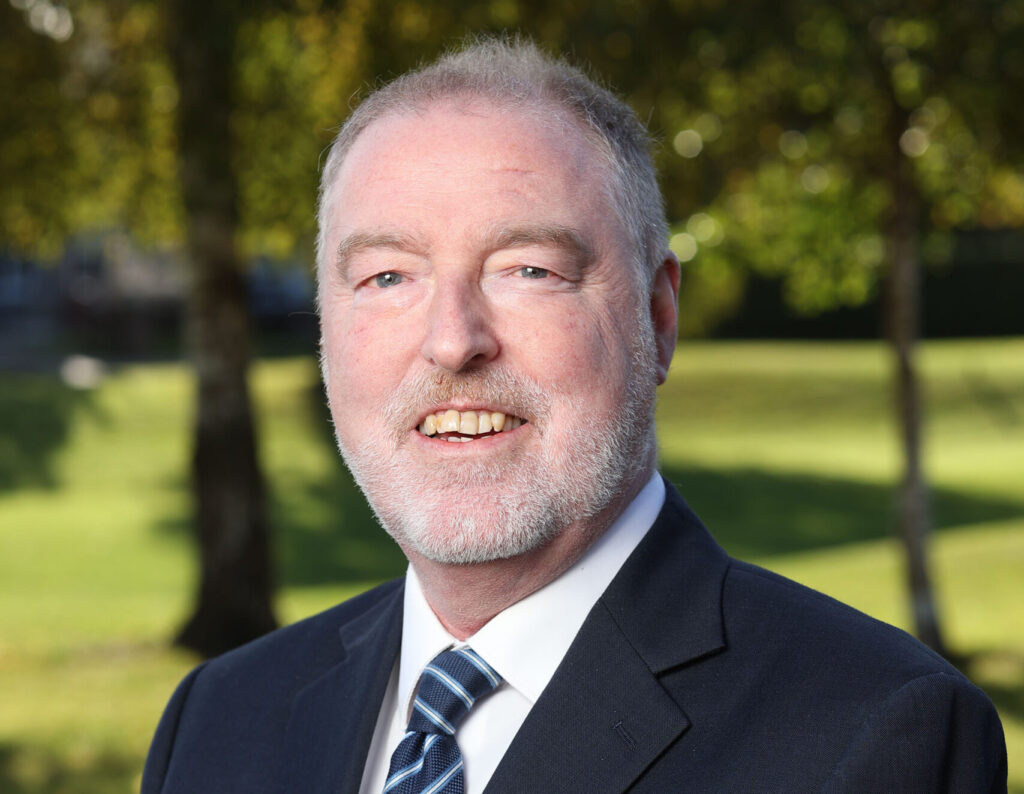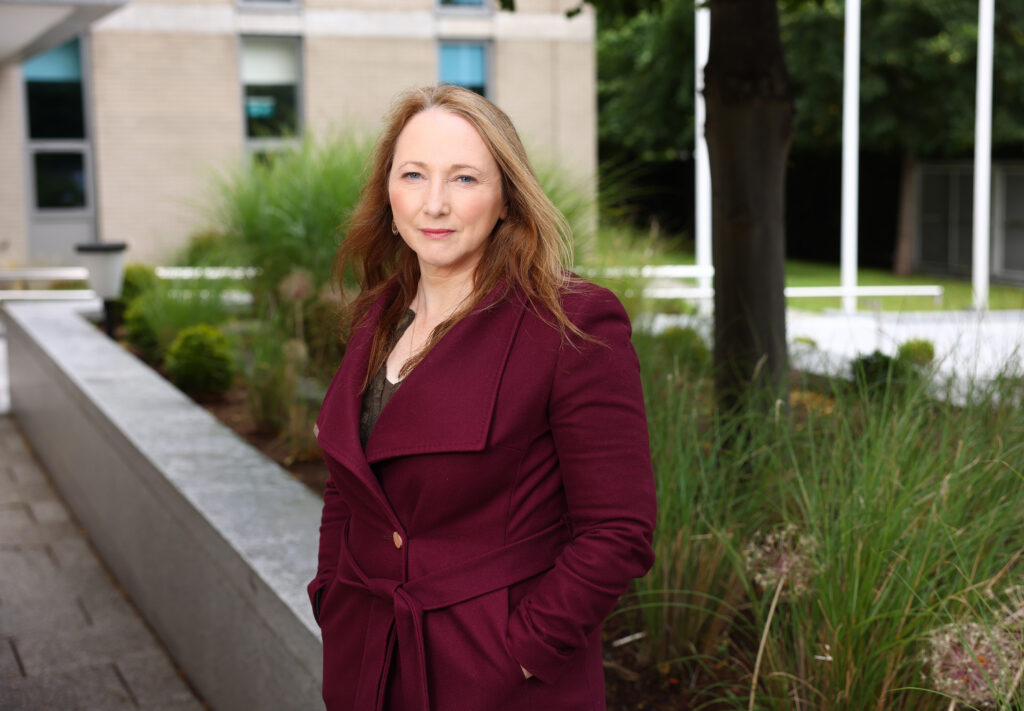Bureaucracy is hindering cancer clinical trials in Ireland is putting lives at risk, says Patrick Kivlehan, who took part in a clinical trial to treat his chronic lymphocytic leukaemia (CLL):
“When chemo didn’t work for me, I needed to get on a trial, and there was one that suited, and I was eligible. But it was delayed starting by three months.”

“My health was failing and I almost missed out on a trial that saved my life because of a three-month delay to the start of my trial. Two other patients died in that time. Now, they might not have responded to the trial the way I did, but they didn’t get the chance and that was wrong.”
Patrick’s treatment for CLL was successful. He is now Chair of the Patients Consultants Committee with Cancer Trials Ireland.
“We are the third slowest country in Europe at opening trials in hospitals after they have been approved. It takes us nearly five months1, on average,” says Patrick. “That’s not acceptable. Trials are treatment – they save lives.”
Public support for clinical trials
New data from a survey of 1,000 people in Ireland undertaken by Coyne Research on behalf of Cancer Trials Ireland shows four in five (80%) think clinical trials are a good idea, 73% say Ireland should be doing more health research than it currently is, and 62% of people would participate in a trial – a 14% rise on 2020 (48%). In the same period, the percentage of people who said they would not participate in a trial fell from 24% to 11%. Four years ago, 29% of people said they would not want a family member to take part in a trial – today it’s 14%.

Cancer Trials Ireland CEO, Eibhlín Mulroe, says:
“Willingness to participate in trials is growing – and so is public understanding of them. One in three (32%) say they would participate in a trial in order to access a treatment that was otherwise unavailable. That is more than double what it was four years ago (15% in 2020). People are much more aware of, and supportive of clinical trials now – perhaps because of the speed and success of the COVID19 vaccines.”
Public support for using health information for health research
The new data also shows high levels of support for sharing health information in order to facilitate health research. Four in five (79%) say it’s important for health information to be used in research, while three in four (76%) are willing to share their health information if they are informed about how it would be kept safe.
Eibhlin Mulroe says:
“People’s willingness to share health data is in sharp contrast to how the health system currently does things. The delays we have in opening trials in Ireland often come down to different interpretations of GDPR in different hospitals. We don’t have a national, standardised approach, which many other European countries do have, and that is hindering us.”
“These delays mean patients in Ireland might miss out, because they happen to be in the wrong part of the country, or because the trials fill up in other EU countries where trials open faster, among other reasons. This then gets compounded when the companies who run trials look at the variability in the Irish system, the unpredictability of it, and choose not to come here.”
In Ireland, public support for GDPR is strong – but so is recognition of the problems it causes in health. While nine in ten people (89%) believe that GDPR is important, significantly, one in two people (50%) think GDPR can hamper / hinder healthcare. Almost half of respondents (48%) agree the Government should simplify how GDPR is applied in some areas and remove some restrictions.
Patrick Kivlehan says:
“If you have a trial or treatment targeting a gene mutation in a breast cancer patients, the results could prove promising for treating the same gene mutation in lung cancer. This is one of the ways doctors target cancer, on a molecular level. But under Ireland’s current rules, and even with all of a patient’s identifiable information removed, we still can’t us the breast cancer data to support the lung cancer research, without seeking further consent from the breast cancer data subjects, which could be years after the fact. We should focus more on patients, not tying ourselves in knots with GDPR.”
More funding for trials needed
Meanwhile, Eibhlin Mulroe highlights the need for more funding and investment:
“We are working very hard to focus government and public attention on this issue, but the reality is the government must double the grant funding that Cancer Trials Ireland receives to €15m, and also put €5m of the Shared Ireland fund towards cancer trials on the island of Ireland.”
“The National Cancer Strategy target for patients on trials is 6%. We have 1.5% on trials. We are doing everything we can to work with, and improve, the system as it now stands, but we simply need more investment, so we are calling on the new government to provide it. We need more trials.”
